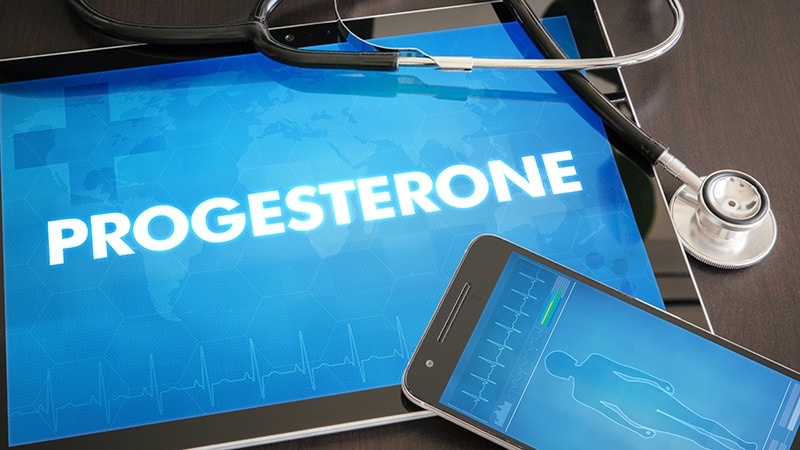Hi guys
I have sacked my GP becuz as I have mentioned before...she is clueless... promised me a full set of labs in March & all got was my T level checked again...waste of space !
So I have booked up a meeting with a private doc to take over control of my therapy.
In the correspondence that was sent across to me ...my new doc mentions controlling E2 issues with progesterone.
Whats the deal with this ? have any members followed this protocol successfully or is it one to avoid ?
Thanks guys.
Davet
I have sacked my GP becuz as I have mentioned before...she is clueless... promised me a full set of labs in March & all got was my T level checked again...waste of space !
So I have booked up a meeting with a private doc to take over control of my therapy.
In the correspondence that was sent across to me ...my new doc mentions controlling E2 issues with progesterone.
Whats the deal with this ? have any members followed this protocol successfully or is it one to avoid ?
Thanks guys.
Davet


















